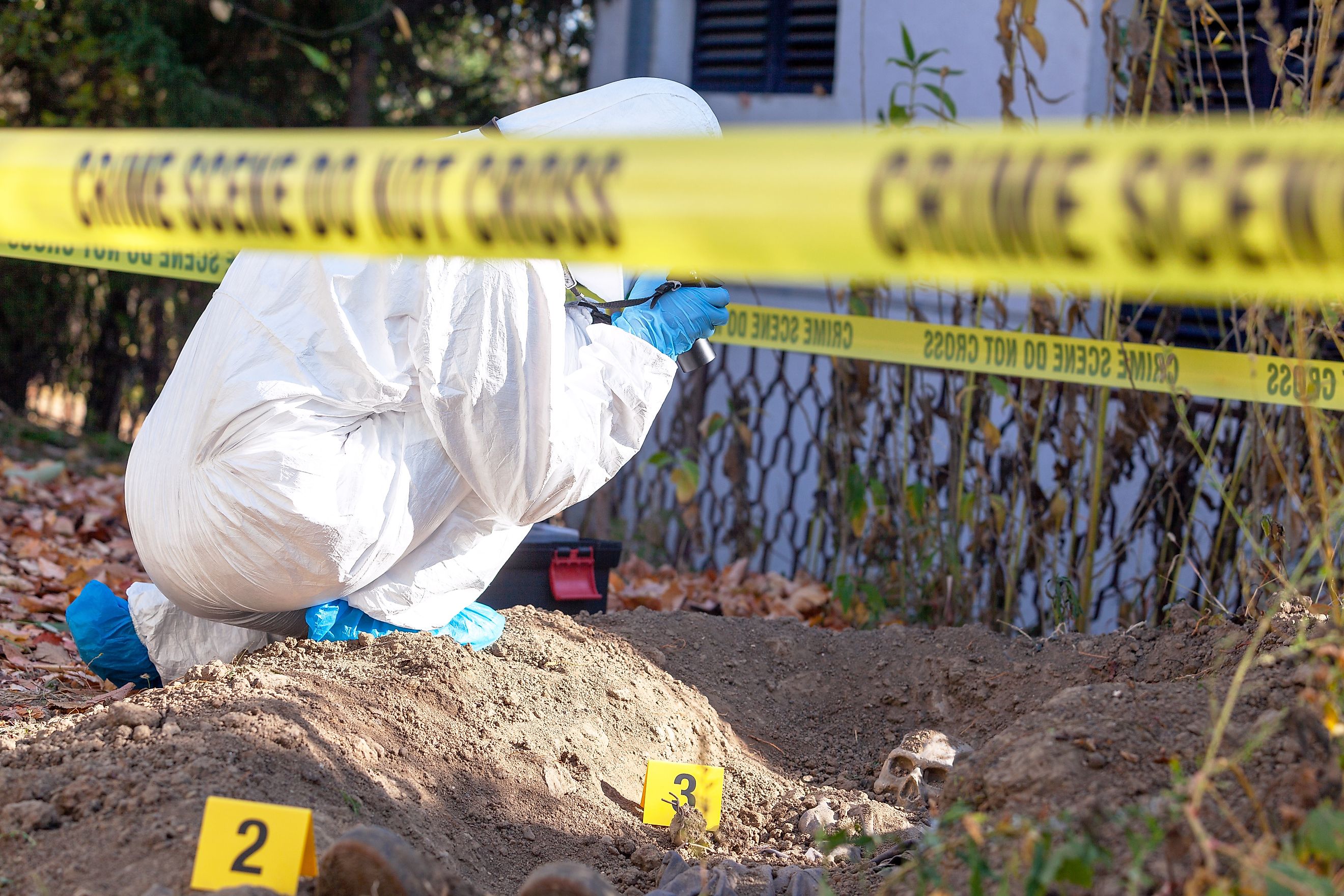
How Many Serial Killers Are On The Loose Today?
In the US alone, the FBI estimates there are between 25 to 50 active serial killers at any given time, despite the authorities not being aware of them or connecting the killings together. On a worldwide scale, this estimate is certainly larger, but only a handful of serial killer cases are confirmed to be unsolved.
Thankfully, for a few of those, there is a likely suspect in custody. For the other cases, it means that the authorities have been aware of their existence and patterns for some time but have not yet caught them. Below is what we know, so far, about seven of the most prevalent of these heinous offenders.
The West Mesa Bone Collector

The West Mesa murders are a series of unsolved homicides that took place in Albuquerque, New Mexico, between 2003 and 2009. A total of 11 women (most of them prostitutes) and one unborn baby were killed, and their buried bodies were found in various states of decomposition in the desert area known as the West Mesa.
Despite an intensive investigation, the killer's identity has still not been determined. However, some clues have been left behind. For instance, police have found DNA traces at some crime scenes. But even with this clue, the killer has still not been caught.
In 2010, a reward of up to $100,000 was offered for evidence leading to the apprehension and sentence of the person responsible.
The West Mesa murders remain one of the most chilling unsolved cases in recent memory.
The Tokyo Metropolitan Murders

During a stretch from 1968 to 1974, the Greater Tokyo Area was the scene of ten unresolved homicides, predominantly targeting young women. The assailant's pattern was to attack, rape, and then incinerate the victims at their residences around midnight. Despite similarities in the cases, there were inconsistencies in the victims' ages and the perpetrator's blood type, leaving some doubt about the connection between all incidents.
Etsuo Ono, a repeat offender with a history of various crimes, including arson, became a suspect after his arrest in 1974 for unrelated thefts. His criminal past, presence near crime scenes, and blood type matching the supposed killer's profile led to intense interrogation, during which Ono claimed he was coerced into a false confession through torture. The media, citing circumstantial evidence, prematurely dubbed him the killer, but inconsistencies in the case profile and a wrongful identification by one victim complicated the narrative.
In 1975, Ono sought assistance from the Etsuo Ono Relief Society, asserting his innocence. Initial trials resulted in a life sentence based on his confession, but in 1991, he was acquitted of the murder charge due to doubts about the confession's validity. However, he remained convicted of rape and theft.
Post-release, Ono was seen as a miscarriage of justice victim until he was re-arrested for a new, separate murder in 1996, where he confessed and was sentenced in 1999. To date, only one of the Tokyo Metropolitan Murders has been solved, with the others remaining cold cases. Doubts about Ono's involvement persist, partly because of his contested confessions, and although he cannot be retried for the same crimes, speculation about his guilt remains.
The Winnipeg Serial Killings
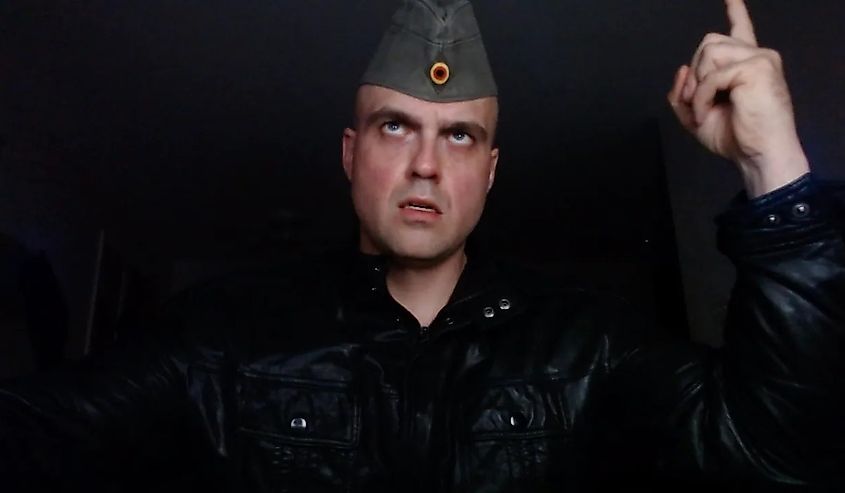
In Winnipeg in early 2022, Jeremy Skibicki allegedly murdered four women, primarily of Indigenous descent. Victims Rebecca Contois, Morgan Harris, Marcedes Myran, and an unidentified woman, dubbed Buffalo Woman, were reportedly homeless at the time of death. Skibicki, with a history of abusive behavior towards Indigenous partners, exhibited extremist views on social media. Charged with first-degree murder, Skibicki's counsel claimed a not-guilty stance. Bodies were discovered in different locations, with authorities facing challenges in searching landfills where remains were suspected. Meanwhile, the unrelated death of Linda Mary Beardy at a landfill connected to the case highlighted ongoing tensions and scrutiny over the police's handling of such investigations.
The Janikhel Serial Killings
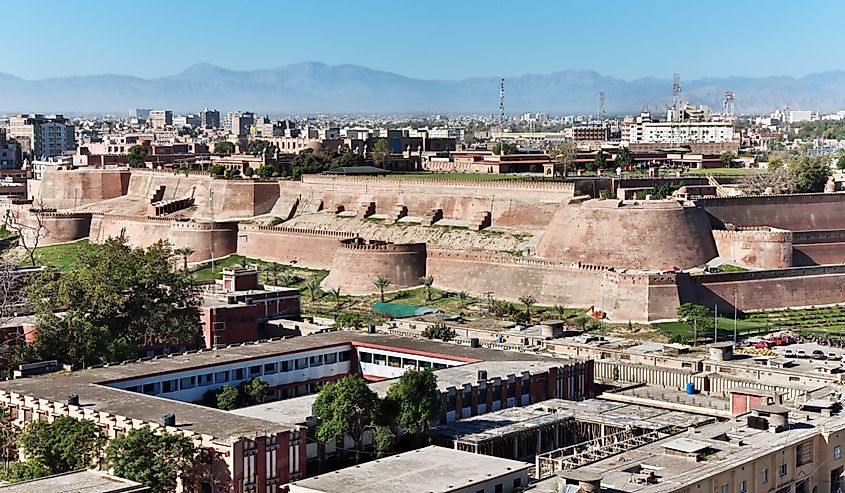
The grim discovery of four teenagers' bodies in March 2021 in Janikhel, Pakistan, sparked widespread outrage and protests. A shepherd's dog uncovered the mass grave where the youths, known to enjoy local hunting, lay with signs of violent deaths. This gruesome finding led to immediate demonstrations, with 10,000 people marching toward Peshawar and Islamabad, demanding justice. Authorities responded with blockades and force, temporarily detaining two protest leaders and exacerbating tensions.
The outcry intensified when a tribal leader was murdered in May, prompting protesters to insist on justice before burial. Despite police resistance, a 27-day sit-in concluded when four previously disappeared locals were returned. The protesters' demands were straightforward: they sought assurances against militant activity, accountability for the killings, and a fair investigation. After intense negotiations, the government agreed to these terms, including financial compensation for the bereaved families, marking an end to the immediate unrest. The case remains unsolved.
The Little Rock Serial Stabbings

2020 and 2021 were tense years for citizens of Little Rock, Arkansas, due to a series of knife attacks that took place, resulting in three deaths and one survivor. The assailant was dubbed the "Little Rock serial stabber," among other nicknames, and remains at large despite being caught on CCTV. The first known victim was found fatally stabbed on a porch in August 2020, and despite surveillance and a hefty reward, the perpetrator was not identified. Subsequent victims were discovered under similar circumstances, including an attack in April 2021 where the victim described the assailant as a tall, slender, young black male. After multiple stabbings, the police concluded a single individual was responsible, occurring during the early hours and targeting solitary individuals. The situation led to heightened police patrols, a doubled reward for information, and the emergence of vigilantism, with individuals claiming they would track down the criminal. If you have any information, please get in touch with the proper authorities.
The Stockton Serial Shootings
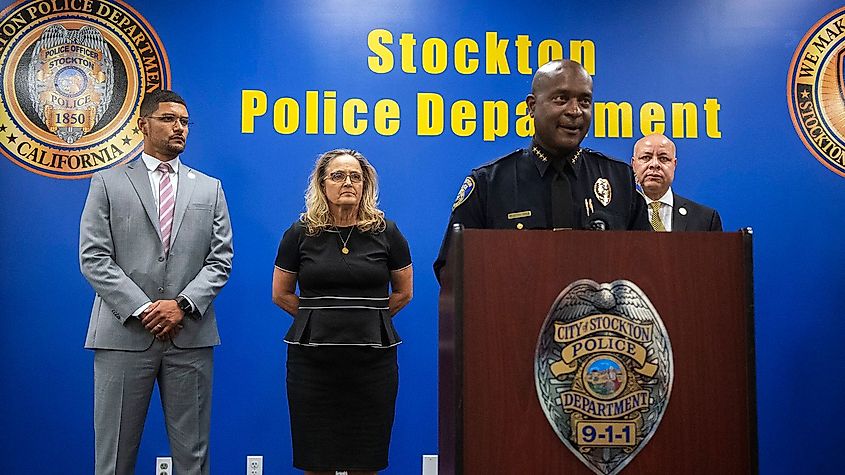
From April 2021 to September 2022, Stockton and Oakland, California, were rocked by a series of lethal shootings, resulting in seven deaths and one survivor. Wesley Brownlee was apprehended in October 2022 as a suspect. The victims, isolated and in low-lit areas during the night or early morning, were not robbed, indicating the crimes were not for gain or gang-related. The suspect profile was a slim male, 5'10" to 6' tall, wearing dark clothes and a face mask. Law enforcement from various agencies collaborated in the investigation, and they offered a $125,000 reward for information. Brownlee, with a history of criminal activity since his youth, was caught armed and in attire matching the suspect description. Early life events, including familial and friend deaths, preceded his criminal trajectory, including drug-related offenses. The case is undergoing trial, so until a verdict is reached, there is still room for development; in other words, Wesley is innocent until proven guilty.
The New Mexico Muslim Killings
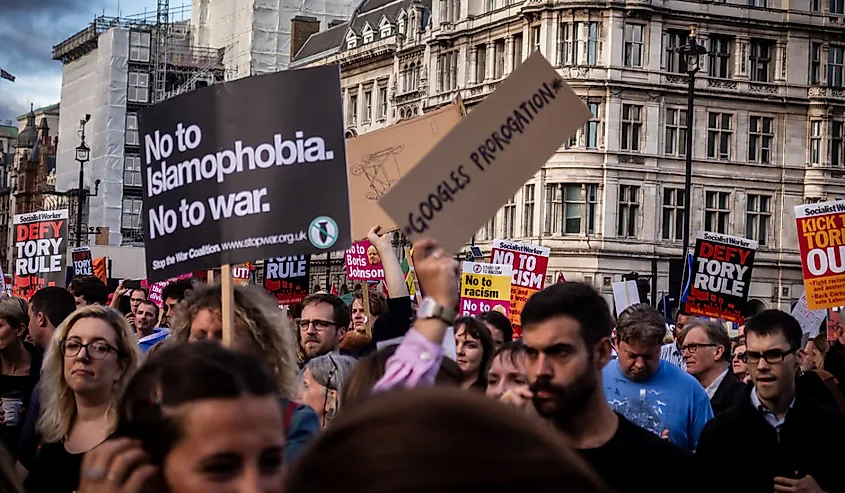
Between November 2021 and August 2022 in Albuquerque, New Mexico, four Muslim men were ambushed and killed. Muhammad Atif Syed, 51, an Afghan American, was apprehended on suspicion of these shootings. The killings began with Mohammad Ahmadi outside his business and spanned several months, claiming victims including Aftab Hussein, Muhammad Afzaal Hussain, and Naeem Hussain, all with South Asian backgrounds. Authorities explored the angle of interpersonal and sectarian conflict in the motivation behind the killings. Muhammad Syed's son, Shaheen Syed, was also suspected of involvement. Muhammad Syed, who claimed a military background incompatible with official records and had a history of domestic violence arrests, denied the accusations. The Muslim community's fear of Islamophobia led to increased security and a temporary closure of businesses. Community reaction was one of grief and worry about stereotypes, culminating in a prayer session for the victims and national expressions of unity.
Although the horror of these cases seems unstoppable, and the danger is ever-imminent, the reality is that serial killings are an infrequent occurrence. Better yet, bystanders and the public are surprisingly alert, such as when the Unabomber's sister-in-law recognized the handwriting and pointed the police toward Ted Kaczynski. There have certainly been failures, such as when a child victim escaped the grasp of the notorious killer Jeffrey Dahmer only for nearby police to return the child to Dahmer's custody. Therefore, it is on the shoulders of each of us to safeguard ourselves and our communities from these deadly threats.











